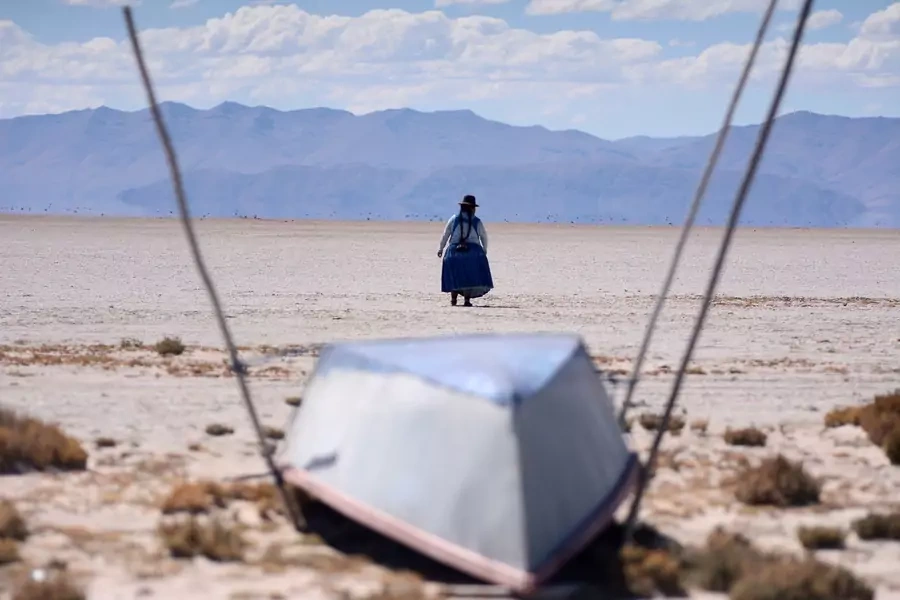Blogs
The Internationalist
Latest Post

The Crisis of the Century: How the United States Can Protect Climate Migrants
The disastrous effects of climate change could displace more than a billion people in the next thirty years. International and domestic legal systems cannot continue to let climate migrants slip through the cracks.
A Callous Disregard for Child Victims of Gun Violence Is American Exceptionalism Run Amok
As a developed economy, the United States' failure to protect its youth is as uniquely American as its aversion to ratifying international treaties. That exceptionalism, however, goes too far in the context of school shootings.
The G7, NATO, and the Future of the West
Rather than making democracy a litmus test, G7 and NATO leaders would gain more traction by focusing on the need for all countries to defend the fundamental rules of the international system grounded in the UN Charter.
The United States and the International Justice Enterprise
The United States has been all but a willing and eager participant in the modern transnational justice project. As atrocities mount in Ukraine, a bipartisan cohort of senators thinks there is a chance to expand that participation.
How the Russia-Ukraine War Challenges Arctic Governance
The Russian invasion of Ukraine presents the greatest obstacle to Arctic governance since the Cold War. The boycott of the Arctic Council will permanently diminish its scope and leave Arctic security issues unresolved.
To Reduce Growing Climate Dangers, the World Needs to Consider Sunlight Reflection
Nothing about the present climate crisis or its implications is natural. Perhaps how the world deals with a warming planet shouldn't be either.
 Online Store
Online Store
